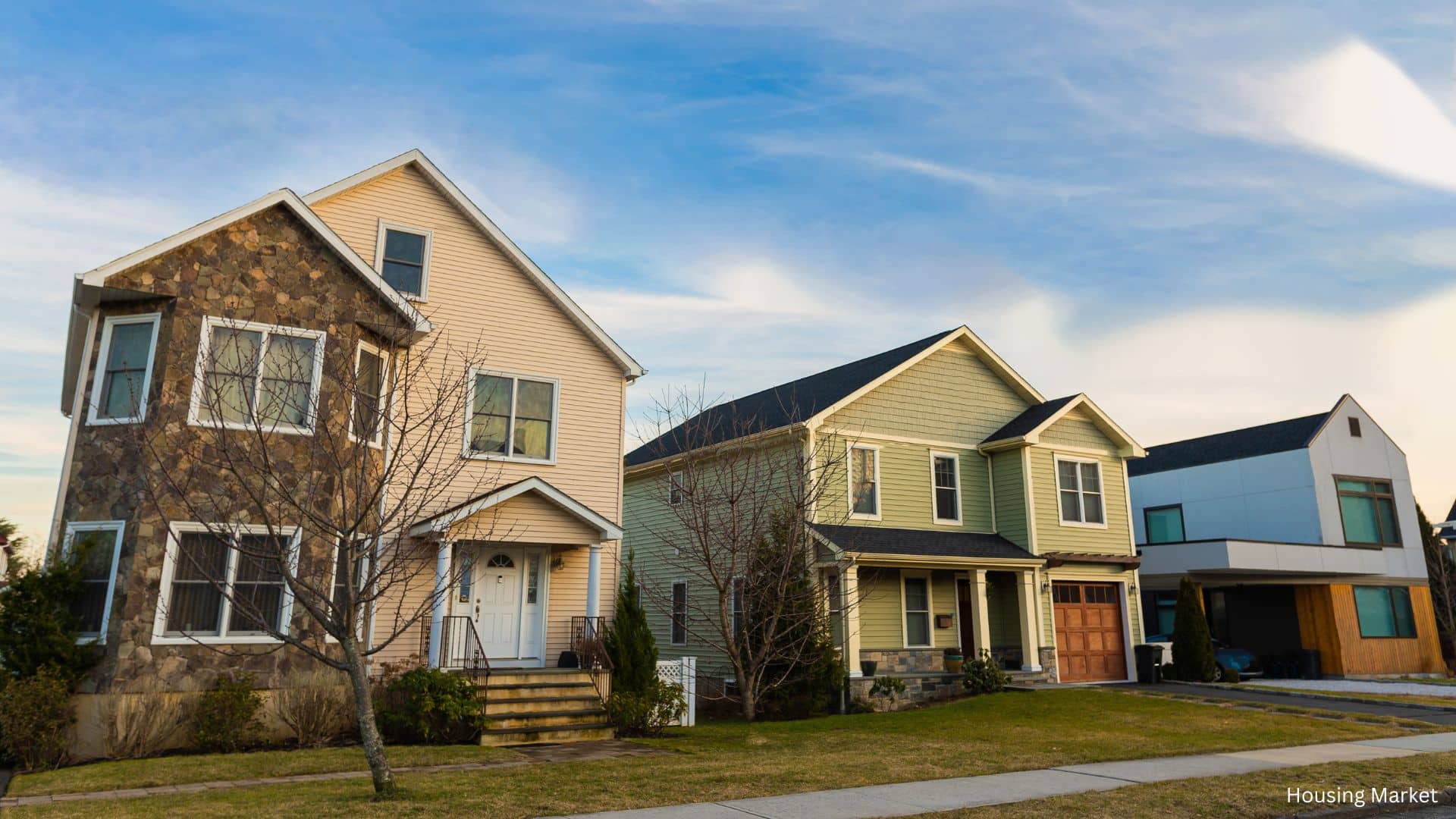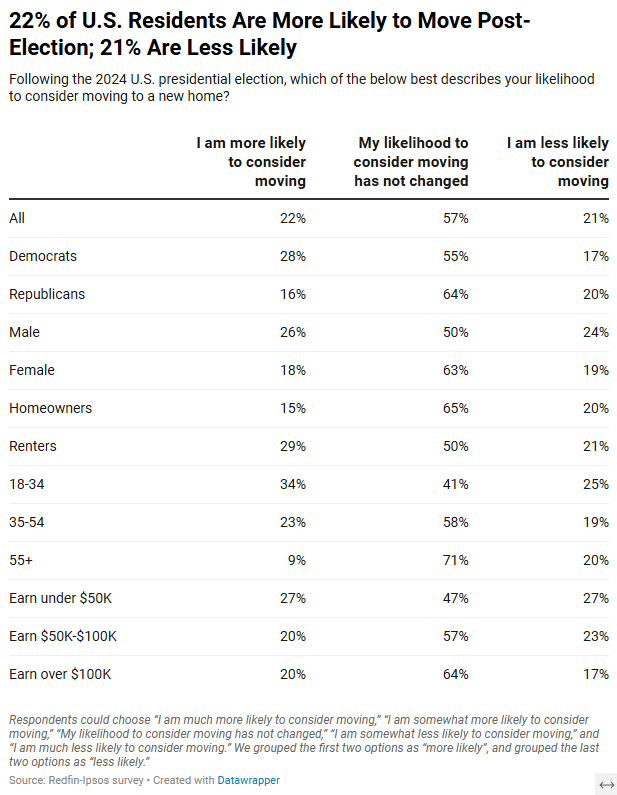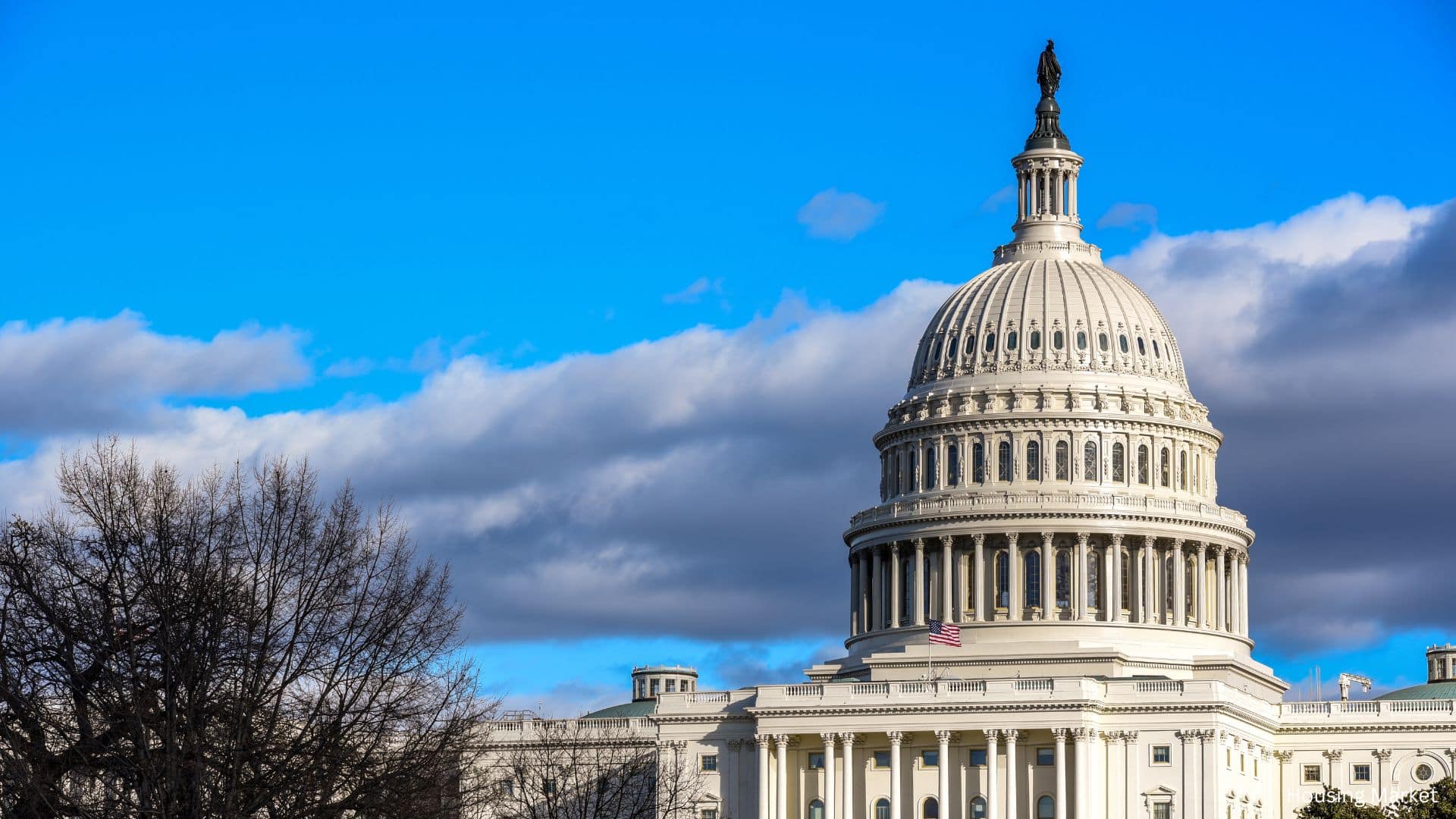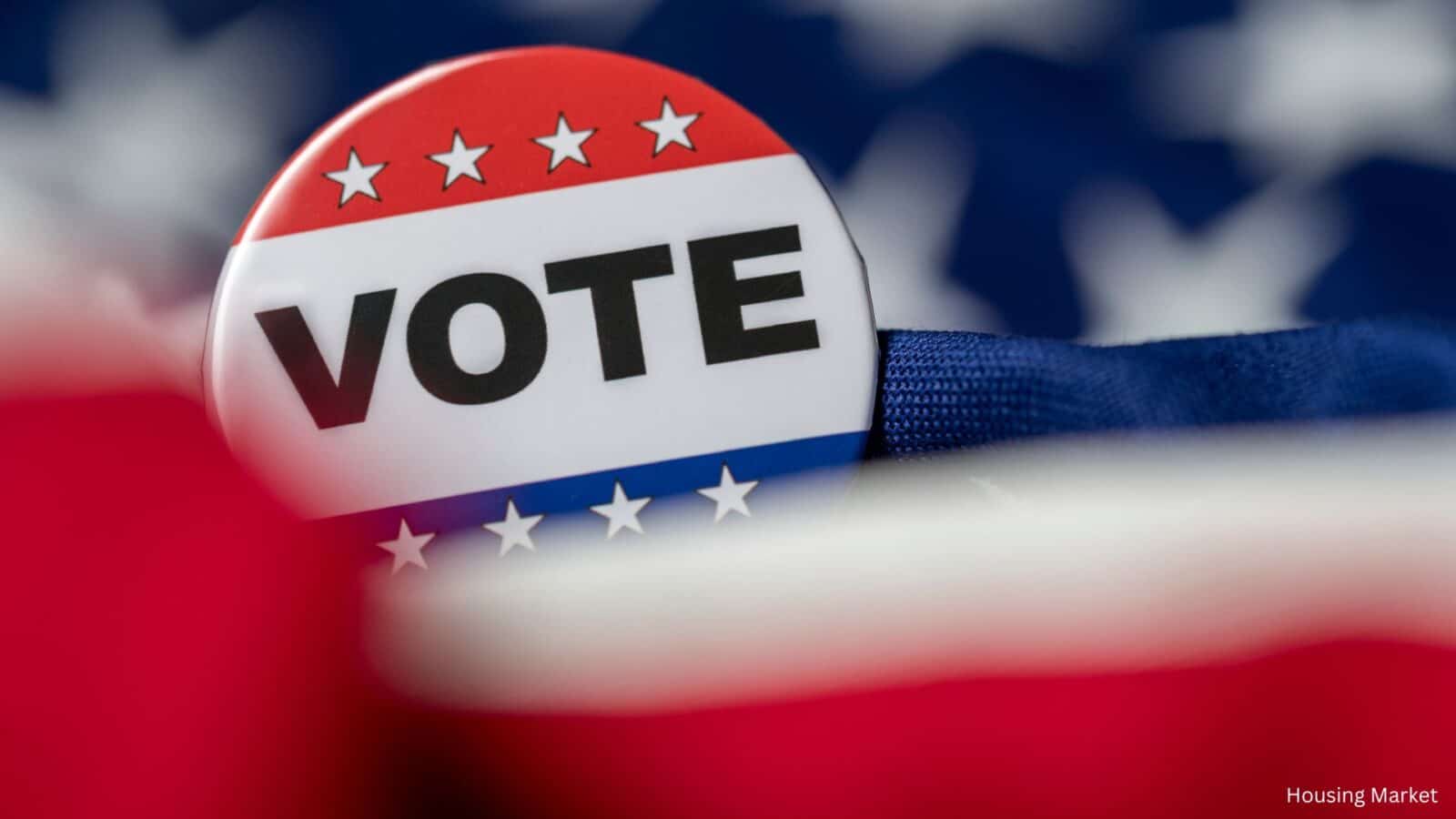The 2024 U.S. election has sparked notable changes in post-election moving trends, with people thinking about moving now more than ever. A new survey from Redfin found that a lot of Americans are rethinking where they want to live, and it’s not just a small shift. Some are even considering big moves to other states or countries just because of the political results. It’s like everyone’s looking for a place that feels more “right” for them now.

Post-Election Moving Trends
Rising Moving Considerations Post-Election
The recent election has intensified relocation considerations for many Americans, especially among certain demographics and political groups. According to Redfin’s survey, over 22% of U.S. residents feel more inclined to move now that the election has concluded. While some are looking at interstate moves, a surprising 36% of those considering a move are contemplating a new life outside the country. This surge in relocation intent is not unprecedented, but the current polarization in the U.S. seems to amplify the trend, especially for younger adults and renters who report a heightened likelihood of moving.

Political and Demographic Influences
Politics are deeply intertwined with these post-election moving trends. The survey highlights that Democrats, at 28%, are significantly more likely than Republicans (16%) to relocate post-election. These trends could be driven by the impact of political ideologies on local and state policies, particularly those concerning women’s health and other social issues. Moreover, young adults and renters are among the most affected; nearly 34% of Americans aged 18-34 and 29% of renters feel more compelled to move due to the election results. These demographics may be more open to change, seeking regions that align more closely with their political and social values.
Moving for Real Estate Opportunities
Beyond political reasons, real estate aspirations also play a role in these post-election moving trends. Approximately 17% of those more inclined to move indicated that the election results increased their likelihood of buying a home, while 12% are considering selling. With the real estate market responding to the political landscape, this period presents a unique opportunity for prospective buyers and sellers. This potential shift in homeownership interest can be partially attributed to people seeking stability amid fluctuating economic conditions.
Long-Term Effects on Migration Patterns
The findings from Redfin suggest that political factors will continue influencing migration patterns in the U.S., potentially creating even more polarized communities. In an increasingly divided nation, some Americans are expressing a desire to live in areas with like-minded individuals, reflecting a broader trend of self-segregation along political lines. Moving to neighborhoods or states that align with personal beliefs has become a form of lifestyle alignment, with potential long-term implications for community dynamics and local economies.

The 2024 election has undeniably influenced post-election moving trends, reshaping the living preferences of many Americans. Driven by political outcomes and real estate considerations, a notable portion of the population is exploring relocation to states and countries that resonate with their values. As Redfin’s survey illustrates, these trends may shape U.S. migration patterns for years to come, underscoring the growing role of politics in personal and housing decisions.
Related posts:
 Supply Skepticism: The Complex Puzzle in US Housing 2023
Supply Skepticism: The Complex Puzzle in US Housing 2023
 Mortgage Rates Drop Below 7%: A Ray of Hope for the Housing Market?
Mortgage Rates Drop Below 7%: A Ray of Hope for the Housing Market?
 Buffalo Housing Market: A 2024 Success Story of Growth and Affordability
Buffalo Housing Market: A 2024 Success Story of Growth and Affordability
 Congress Struggles to Fix Housing; House Prices Still Increasing
Congress Struggles to Fix Housing; House Prices Still Increasing
 States Embark on Groundbreaking Effort to Address Homelessness through Medicaid Funds
States Embark on Groundbreaking Effort to Address Homelessness through Medicaid Funds



